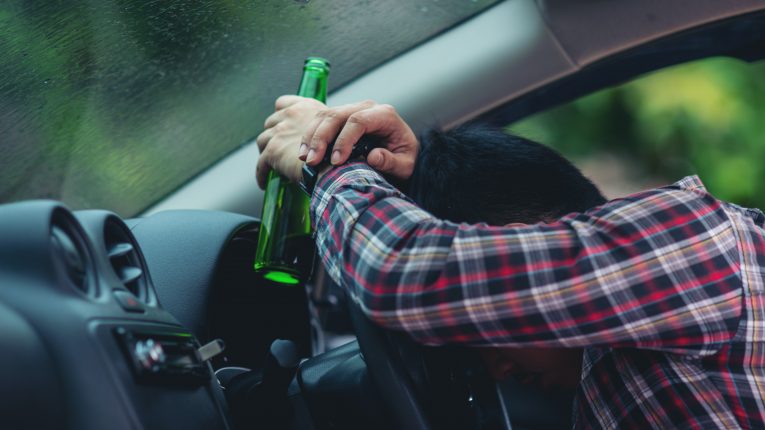
What Is A Felony DUI?
Most states treat a standard DUI charge as a misdemeanor. However, when these standard DUI’s are combined with certain external circumstances, they are counted as felony DUI’s. What these external circumstances are will depend on a case-case basis. Being convicted for a felony DUI can attract stricter punishments and have many long-term consequences for the accused. Sometimes, it might appear that getting out of this situation is next to impossible. However, by developing good legal defenses, there is a lot that can be done. For this, we suggest you contact a DUI attorney in Miami.
In any case, we have tried to differentiate between a misdemeanor and a felony DUI.
For a simpler understanding, first and second DUI cases are treated as misdemeanors. You may view website here for more information. Alternately, a third or a subsequent DUI charge is treated as a felony DUI. The latter generally involves the death or a permanent bodily injury of the victim. The alcohol percentage in the accused’s blood may also help determine if the accident is a mere misdemeanor or a felony DUI.
It must be noted that most states have different conceptions of what constitutes felony drunk driving. The situations, however, broadly remain the same. Some of these include –
A standard DUI is categorized as a felony DUI when the driver causes bodily injury to the accident victim. In some instances, the prosecutors decide if the same should be treated as a misdemeanor or a felony. Moreover, if the other driver had a role in his injury, the DUI would be treated as a misdemeanor and not a felony. A prime example of this is when another driver runs into an intoxicated driver while being stopped at the red signal, thereby suffering injuries.
Many states have adopted a law that states that driving under the influence with a child inside constitutes a felony DUI. This has been done after seeing an increase in child deaths due to the driver being intoxicated. You must check the laws in Miami to ensure if such a situation would constitute a felony DUI in Miami.
The accused’s prior convictions are also taken into account while charging someone with felony DUI. While checking prior convictions, time is also taken into account. Say you have been charged with intoxicated driving in the past five years, then the accident would be treated as a felony DUI and not a misdemeanor under any circumstance.
If an accused is arrested while breaking another law, the accident would be treated as a felony DUI. A prime example of this is driving with a suspended license. So say if you are drunk driving with an expired license, that would be treated as a felony DUI. The same goes for restricted or revoked licenses.
Concerning punishments, the accused should know that they can be charged with jail time for several years under felony DUI, whereas under misdemeanor, the usual penalty is a heavy fine. We understand it can be challenging to classify between the two. If you’re someone who is caught up in such a situation, only an excellent legal defense can save you from ending up in jail. A good lawyer will do anything in their power to get you out of a sticky situation and will let you know the best options available legally.









